Behavioral Health Resource Networks (BHRNs) created through Measure 110 have enabled a level of coordination between providers that previously did not exist, and the BHRN infrastructure has given providers more tools to work together to get people into services and ensure those seeking care don’t fall through the cracks. BHRNs continue to provide services that give our loved ones the tools they need to recover from addiction and reclaim their lives. All across the state we’re seeing the positive impacts of this funding in our communities. We’re thrilled to be able to share these testimonials that show the power of BHRN services across Oregon.
“A young man in his early 20s had been coming to us regularly for harm reduction services. This was in a rural area of the state where services can be hard to access. He was houseless and had nothing — no extra clothes, no possessions, no place to stay. His family had health issues and was unable to support him. He was truly on his own. One day he came to us with a badly injured arm from a fight the night before. He told us that he was ready to change his life and wanted treatment, and asked us if we could help. We started off by first taking him to the hospital to get him the medical care he needed urgently for his arm. Then we found him temporary housing to get him off the streets while our peers located an open treatment bed. At first all we could provide was a hotel voucher, then low-barrier housing.
While he waited for treatment, our peers came to see him daily. We didn’t want him to fall through the cracks while he waited, which, considering that he was in withdrawal and all by himself, is what most likely would have happened had our peers not continued to support him. We made sure hisphysical health was stable, and that he had food and clothes. We wanted him to feel cared for, to know that his life mattered.
Eventually, one of our team members was able to find him a treatment bed in a nearby county. We drove him there, and for 60 days he did residential services — first medical detox and then treatment. When he completed his treatment program, our peers continued to work with him. We wanted to do all that we could to set him up for success — helped him get signed up for food stamps, get his ID again, and register to be able to work. We helped him find housing post-treatment at a local Oxford House. We removed as many barriers as we could to help him build a solid foundation for his recovery.Now he has a strong recovery community around him, and continues to engage with our peer support services regularly. When it comes to the services we provide, we want our peers to feel like an extension of your family. We try to provide the continued support, understanding, and love that so many never received nor felt from their families. We help them through what is an extremely vulnerable time in their lives; we know from our lived experiences that even when an addiction has become a complete negative in someone’s life, changing that environment is still very scary and overwhelming. Our peers provide a helping hand, working together across counties to provide multiple warm handoffs to services with BHRN partners and other providers. When you feel like you matter, when you have access to harm reduction supplies, services and support, people can have a better, healthier, more connected quality of life. Harm reduction saves lives in multiple ways, and we’re here to meet people wherever they are in life’s journey to provide them with the services they need.”
